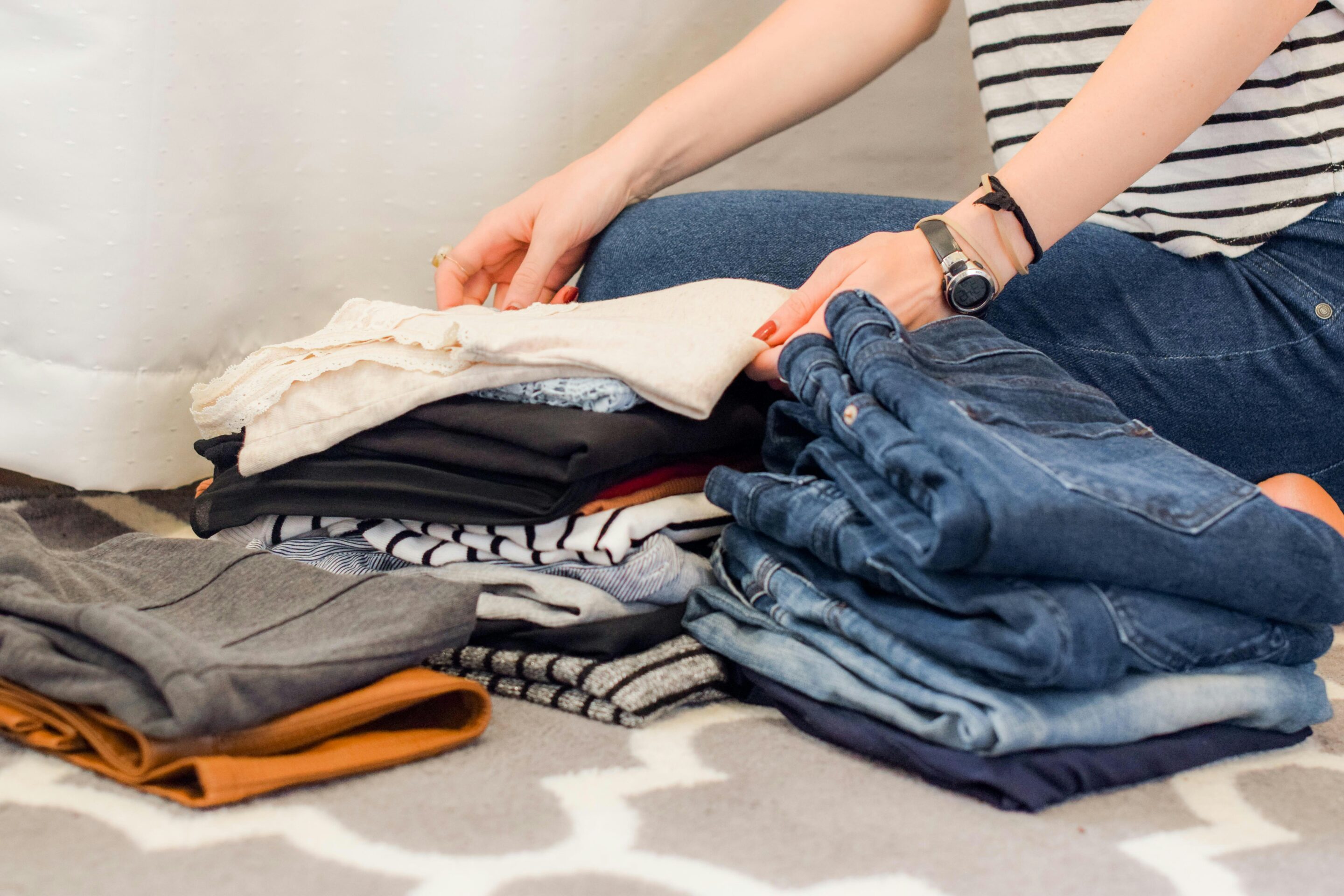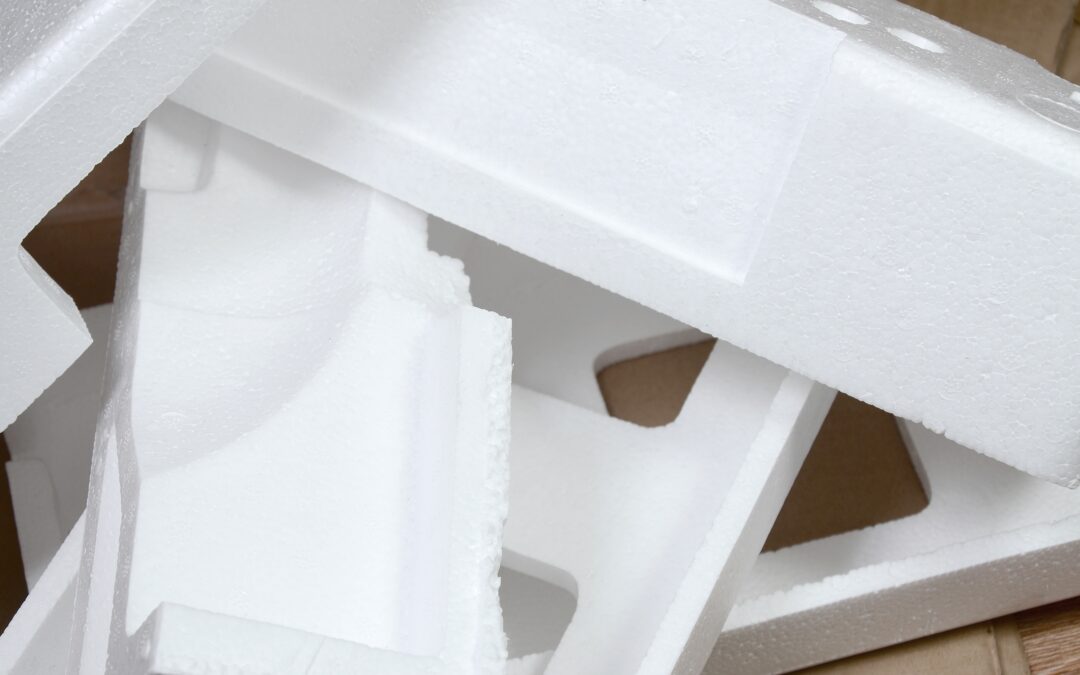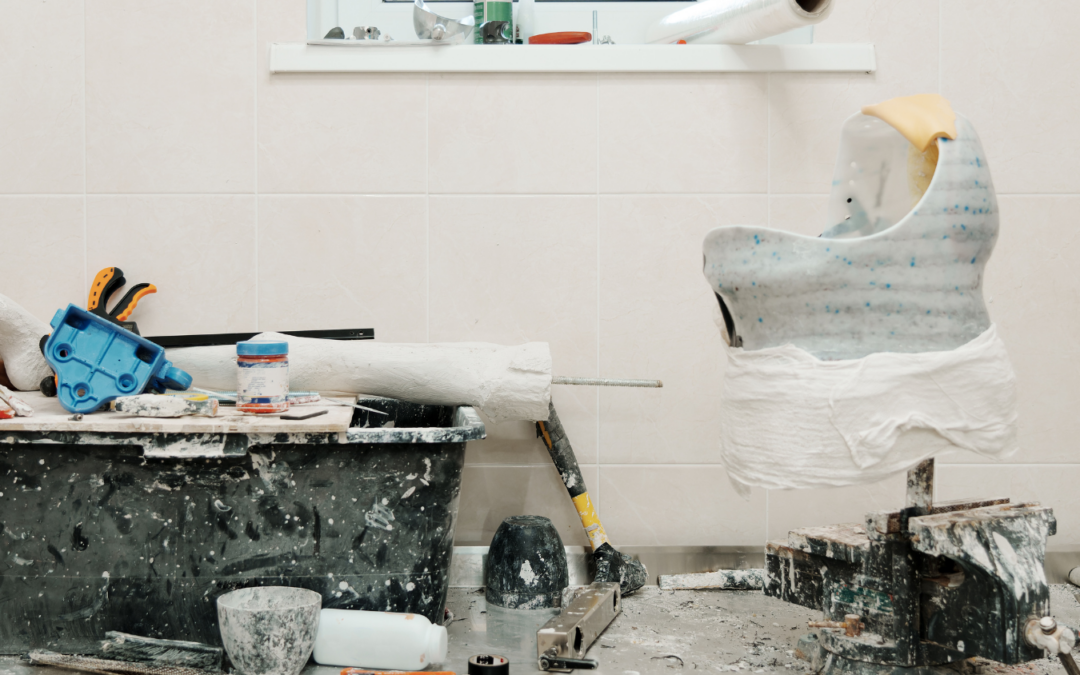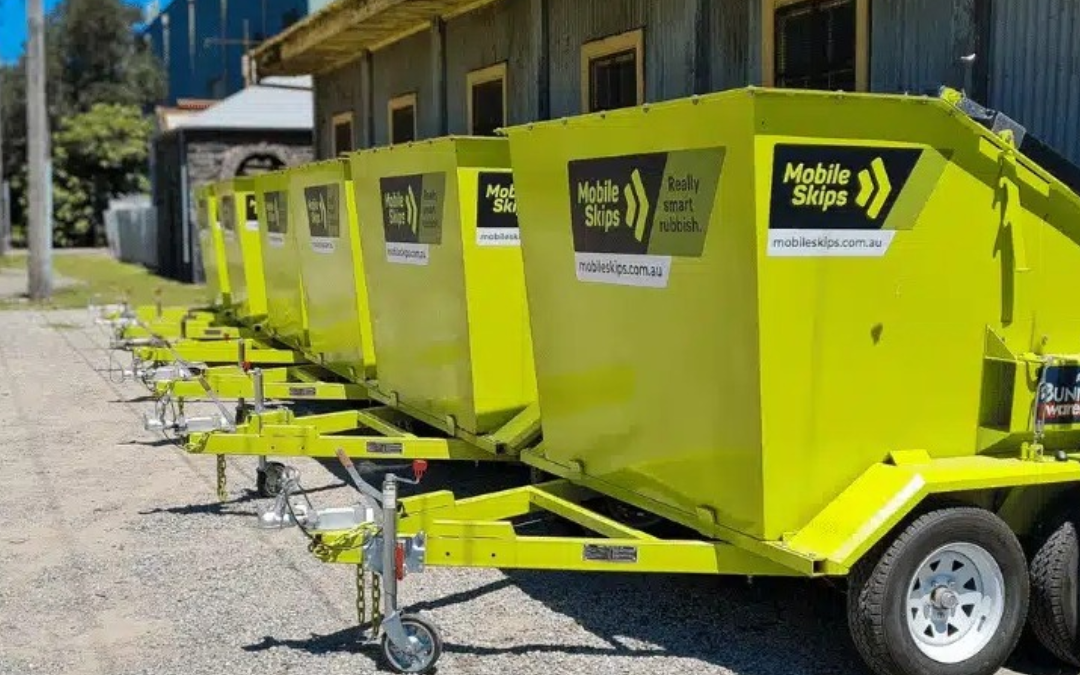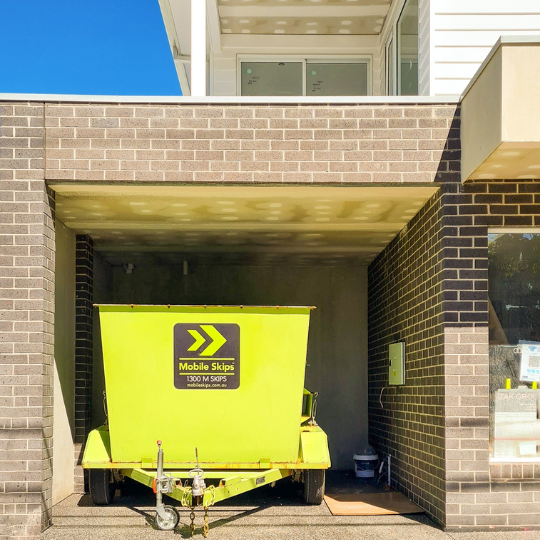Decluttering for Mental Health
How Clutter Messes with Your Mind
Ever feel like your brain’s on overload just looking at your messy room? You’re not alone. Clutter can make it hard to get stuff done, and generally make you feel like you’re drowning in chaos. It’s not just about the junk lying around; it’s anything that stops you from living your best life. Living in a cluttered space can crank up your stress and anxiety levels, making it tough to chill out and enjoy your home. Women, in particular, seem to get hit harder by this, showing more physical stress in messy environments (Verywell Mind).
Why Decluttering is a Game-Changer for Your Mental Health
Clearing out the clutter isn’t just about making your place look nice; it’s a mental health booster. Getting rid of the mess can make you happier, less anxious, and more confident. Managing clutter can directly ease the stress that comes from living in chaos, making you feel more in control and happier.
When you start decluttering, you’re not just tidying up your space; you’re also setting the stage for a more peaceful and productive mind. Organizing your home can give you a sense of control and accomplishment, turning your living space into a calm and clear environment that supports your mental and emotional well-being.
Decluttering can turn your home into a peaceful haven, helping you live a healthier life. If you’re not sure where to start, check out these home decluttering tips for some handy advice on creating a clutter-free, harmonious space.
Making Decluttering Part of Your Daily Life
Turning your home into a clutter-free haven doesn’t have to be a Herculean task. By sneaking decluttering into your daily routine, you can slowly but surely transform your space into a peaceful retreat. Simple habits like the “Ten-Second Tidy” can make a world of difference in managing clutter and boosting your mental well-being.
Ten-Second Tidy Routine
The “Ten-Second Tidy” is a quick and easy trick to keep everyday messes under control and avoid the stress that clutter can bring. The idea is to spend just ten seconds tidying up a space after you use it. This could be as simple as hanging up your coat when you walk in the door or putting away ingredients right after cooking.
To make the “Ten-Second Tidy” even more effective, try weaving it into your daily habits. For instance, while waiting for your morning coffee to brew, use those few seconds to clear the kitchen counter. Or, before hitting the sack, take a moment to straighten the cushions on your couch. These small actions, done consistently, can lead to a noticeable reduction in daily clutter.
Keeping Your Space Organized
Once you’ve decluttered your home, the trick to keeping it that way is regular upkeep. This doesn’t have to be a chore; it can fit right into your daily life. Try the “one touch rule,” which means handling items only once to avoid clutter. When you take something out, use it, and then put it back where it belongs instead of leaving it out for later.
Here are a few more tips to keep your space organized:
- Give Everything a Home: If every item in your home has a specific spot, it’s easier to keep track of what you have and where it should go.
- Regular Decluttering Sessions: Set aside time each week to go through your stuff and decide what you can declutter and donate, recycle, or upcycle.
- Get Everyone Involved: Make decluttering a team effort. Encourage everyone in your home to pitch in and keep the space tidy.
By making these practices part of your daily life, you can keep your space organized and promote a sense of calm and well-being.
Keeping your home organized isn’t just about looking good; it’s a lifestyle choice that can improve your overall quality of life. For more insights on creating a peaceful home and finding serenity through organization, check out our resources on decluttering and mental health.
Expert Tips for Effective Decluttering
Clearing out your home can be a game-changer for your mental health and overall happiness. Let’s dive into some expert advice on how to declutter your space and embrace a simpler, more minimalist lifestyle.
The One Touch Rule
The “one touch rule” is a straightforward yet powerful trick to keep your home clutter-free. The idea is simple: handle items only once whenever possible. When you pick something up, decide right then where it belongs and put it there. This habit helps reduce the clutter because each item has a home, and you won’t have to keep moving it around.
Try making the one touch rule a part of your daily routine to keep your space tidy. This rule not only tackles physical clutter but also cuts down on the mental clutter that comes from procrastination and disorganization. For more strategies on decluttering without feeling overwhelmed, check out our guide on how to declutter your house.
Achieving Minimalism
Minimalism isn’t just about having fewer things—it’s about focusing on what truly matters. By decluttering, you’re not just organizing; you’re making space for the important stuff in your life. Decluttering helps you get rid of the excess and zero in on the essentials.
Start by looking at your possessions and figuring out what you really need or love. As you go through your stuff, ask yourself if each item adds value to your life. If it doesn’t, it’s time to let it go. This isn’t just about physical items; it’s also about decluttering your schedule and digital life.
By following these tips and embracing minimalism, you can turn your home into a peaceful, organized haven.
Decluttering for a Smooth Move
Moving homes can be a real headache, but with a bit of decluttering, you can turn this chore into a chance for a fresh start. By clearing out the clutter before you move, you’re not just making the move easier, but also setting yourself up for a more organized and simple life. Let’s get into how you can get ready for a move and downsize your stuff for a smoother transition.
Getting Ready to Move
When you’re gearing up for a move, having a game plan for decluttering is key. Start by making a timeline that lets you go through your things without feeling rushed. Sort your stuff into piles: keep, donate, sell, or toss. Donating can give you a warm fuzzy feeling, and selling unwanted items can put some extra cash in your pocket for the move.
Here’s a quick checklist to get you started:
- Start with the least-used spaces, like the attic or basement.
- Sort items into clear categories (keep, donate, sell, toss).
- Be honest about what you’ll actually use in your new place.
- Use some decluttering hacks to speed things up.
- Look up local charities for donations and think about recycling options for stuff you can’t donate.
- Plan a garage sale or list items online to sell.
Downsizing and Simplifying
Downsizing isn’t just about having less stuff; it’s about changing how you think about your things. Decluttering and minimalism go hand in hand, leading to a simpler, more intentional life.
When you’re downsizing, think about the necessity and emotional value of each item. Ask yourself if it serves a purpose or brings you joy. Use this guide to sort through your belongings:
- Think about the size and storage space of your new home.
- Go for multipurpose items to save space.
- Make a decluttering checklist so you don’t miss anything.
- Check out storage solutions to stay organized in smaller spaces.
- Aim for a minimalist approach, keeping only what you need and love.
- Look into upcycling for items that could have a new life.
By making decluttering part of your moving process, you’re not only making the move easier but also boosting your mental well-being. Decluttering can cut down on stress and give you a sense of control, making the move smoother. Embrace the journey of decluttering for a fresh start and enjoy the perks of a lighter, more organized life.
Turning Chaos into Calm
A messy home can mess with your mind. But with some smart decluttering tricks, you can turn your space from a disaster zone into a peaceful retreat.
A Home That Feels Like a Hug
Your surroundings can seriously mess with your head. Studies show that clutter can overload your brain, making it hard to think straight. On the flip side, a tidy space can make you less cranky, more focused, and way more productive (Psychology Today). To create a home that feels like a hug, try some decluttering and organizing hacks that clear both your space and your mind.
| Space Vibe | How It Affects You |
|---|---|
| Messy | More stress and distraction |
| Tidy | Better focus and productivity |
Making your home peaceful isn’t just about tossing out junk. It’s about creating a vibe that makes life easier and more enjoyable. Regular decluttering can cut down on cleaning time and make your home a breeze to manage.
Chill Out with Organization
Decluttering isn’t just about looks. It can boost your self-esteem, build good habits, make you more productive, help you sleep better, lift your mood, and help you relax. A clean home can do wonders for your mental health, giving you the calm you need to chill out (Psychology Today).
| Decluttering Perk | Mental Health Boost |
|---|---|
| More Productivity | More time for fun stuff |
| Better Sleep | Deeper rest |
| Happier Mood | Overall joy |
Getting organized can help you feel less overwhelmed, which is often linked to anxiety and depression (Columbia Doctors). Everything you own takes up space in your home and your mind. By decluttering, you free up room to breathe.
Start with some beginner decluttering tips to help you get started. Remember, decluttering isn’t just about ditching stuff; it’s about making space for what really matters. Whether you’re donating items to those in need or finding storage solutions that work for you, a serene home is totally doable.
Taming the Clutter Beast
Stress and Your Stuff
Ever feel like your home is a jungle of junk? Turns out, all that clutter can mess with your stress levels. Studies show that a messy environment can spike your cortisol, the stress hormone. A UCLA study found that 32 middle-class families had higher cortisol levels when dealing with their stuff Mia Danielle.
| Environment | Cortisol Change | Stress Impact |
|---|---|---|
| Cluttered | Up | More stress |
| Organized | Down | Less stress |
Keeping your space tidy can help keep your cortisol in check and your stress levels down. Try adding some decluttering and organizing to your routine to turn your home into a chill zone instead of a stress factory.
Mental Health and Mess
Your home can reflect and affect your mental state. Clutter not only raises stress but also links to mental health issues like depression and anxiety. Living in a mess can make you feel frustrated, helpless, and overwhelmed. It can even lead to feelings of shame and guilt Psychology Today.
Clutter can also mess with your sleep, making it harder to regulate your hormones and impacting your mental health. Women with stressful home environments often feel more depressed, showing how your surroundings can affect your mood Mia Danielle.
| Mental Health Condition | Clutter Impact |
|---|---|
| Depression | More hopelessness |
| Anxiety | More overwhelm |
| Stress | More irritability |
Clearing out the clutter isn’t just about cleaning up; it’s about clearing your mind too. For tips on how to start, check out our decluttering tips for beginners. Remember, decluttering isn’t just about making space in your home; it’s about finding peace of mind.

